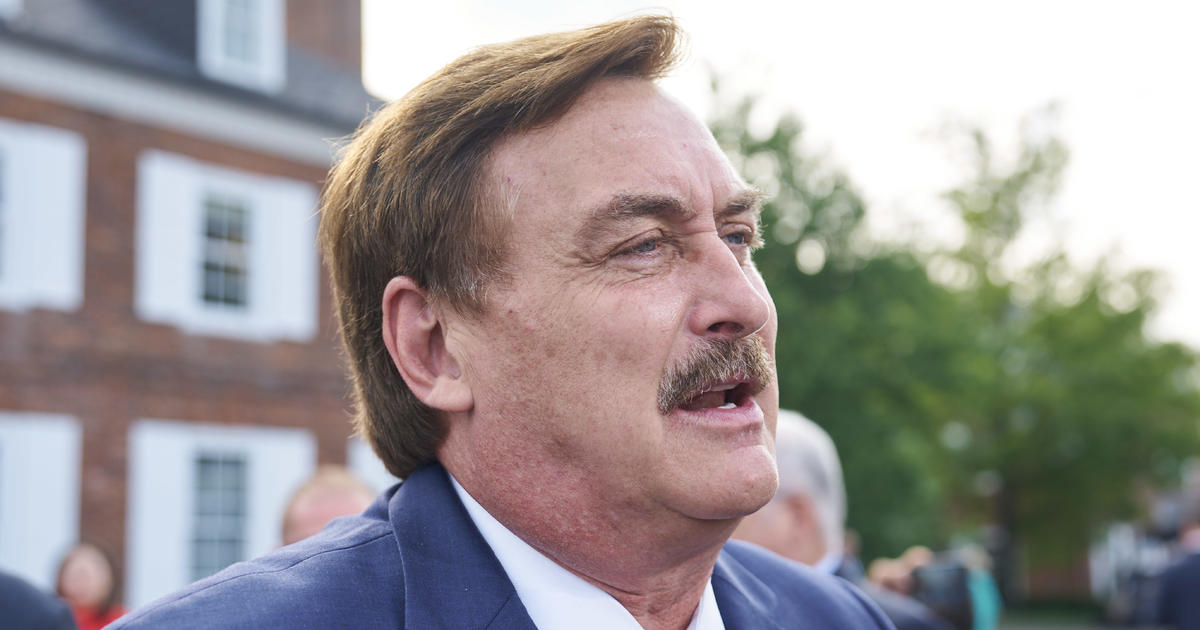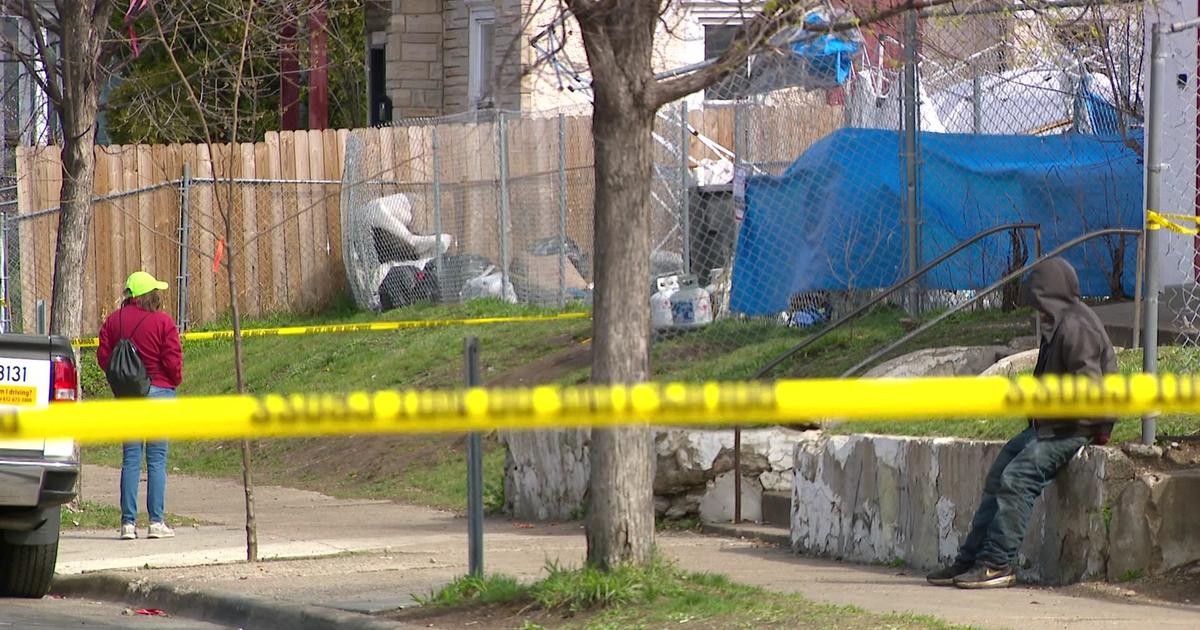Somali Refugee Reacts To Supreme Court Decision On Travel Ban
MINNEAPOLIS (WCCO) -- Fewer refugees will be coming to Minnesota in upcoming months. The Supreme Court decided Monday to partially uphold a travel ban President Donald Trump put into action earlier this year.
The ban affects some people coming to the U.S. from Libya, Iran, Somalia, Sudan, Syria and Yemen -- all predominantly Muslim countries.
It's part of an executive order the president put in place in January. Federal courts initially reversed it, but as of Monday the Supreme Court said it will hear the case against the ruling. Until then, the high court will allow most of the ban to be re-enacted.
Of the 150,000 Somali immigrants in the U.S., more live in Minnesota than any other state. There are also immigrants from other countries listed in the ban.
A refugee from Somalia in 1999, Mohamud Noor is now a proud Minnesotan and head of the Confederation of Somali Community in Minnesota. He spent Monday trying to figure out who will be allowed to follow in his footsteps.
"I think a lot of people may not know the details [of the new ban], including myself," he said.
Unlike the initial ban, the latest one would not bar visitors from the six countries who have a "bona fide" family or business relationship with someone in the U.S.
"[The new ban] doesn't look like as big as a deal as it was, but it's more about who is going to be impacted the most," Noor said.
It appears refugees who come alone as he did will have to postpone the dream.
"Unfortunately, refugees are people who are running away from a situation to find a better life, and those are the ones who are impacted the most," Noor said.
Trump called the Supreme Court's decision "a clear victory for our national security."
Details are still not firm but this partial ban could be back in place in less than 72 hours.



